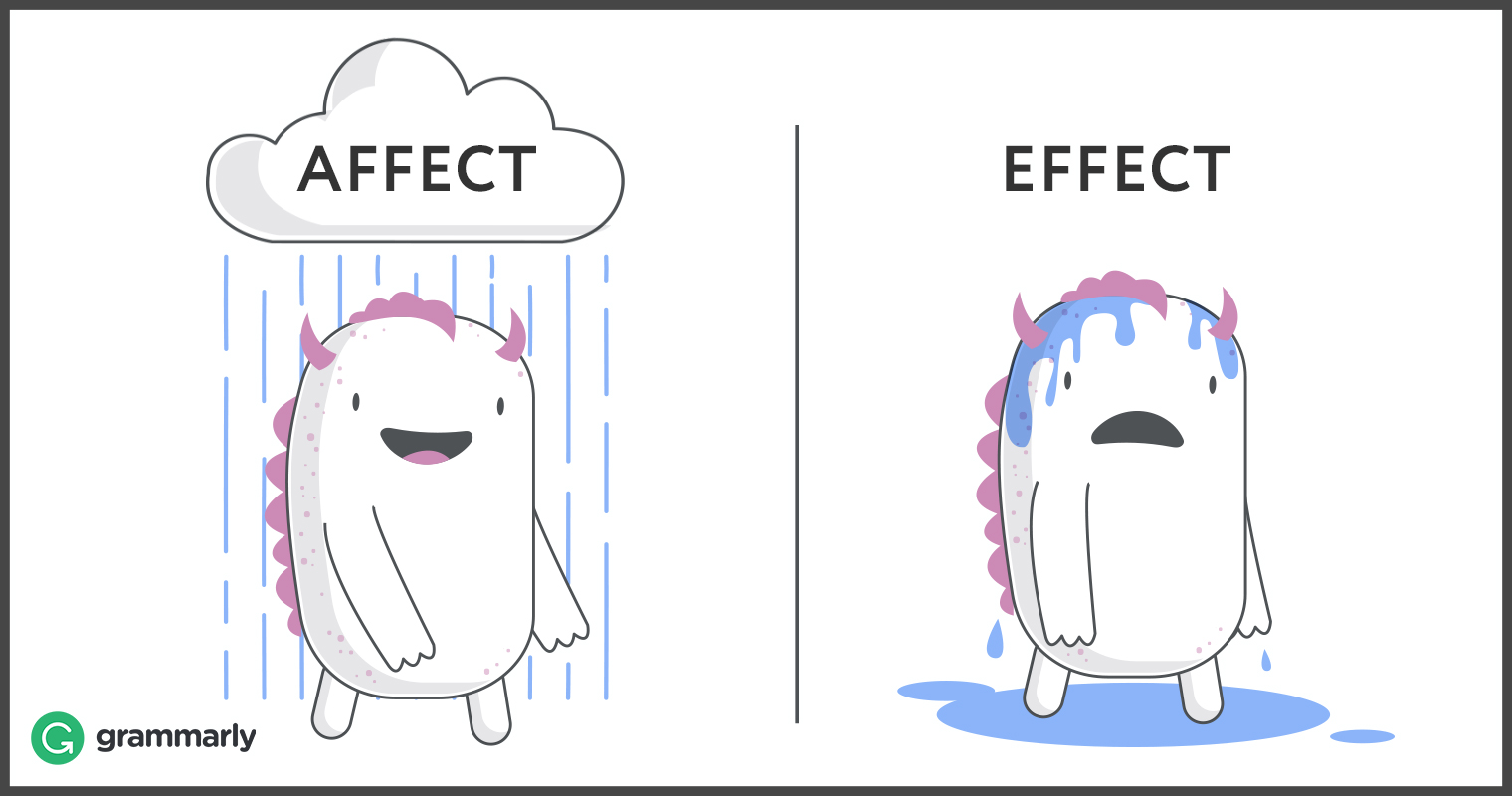I noticed this week that I was getting annoyed that one of my teaching textbooks consistently uses “practice” every time, when they actually should be using the verb “practise” in some sentences.
How do you know when to use practice or practise?
To practise is a verb that means you’re doing the same action or process over and over, usually over time, to get better at that action or process. For example:
- “I practise the flute once every 6 months, just to remind myself that I still know how to play it.”
- “It’s good for young students need to practise their times tables every day at first, so that they can remember the answers automatically when they’re solving other maths problems.”
A practice is a noun (a place, object, thing), and people use this word to mean of two things:
- A practice can be a company you work for, or a place you work at, like a medical clinic or a legal firm.
- “My friend wants to open their own practice one day, but it’s quite expensive to rent out an office space.”
- A practice can be a collection of ideas that someone has brought together and it’s become their method or their philosophy of how they work.
- “The practice of applying new technologies to old problems is a great way to motivate students to learn about a topic.”
How to remember when to say practise or practice
So how do you remember whether you need to write practise with a c or an s in the sentence you’re writing? Here’s a few different tips on how to remember it, because I know everyone’s brain works a little differently!
What letter do I use?
The word “practice” uses the letter c because it’s a “collection of people or ideas”.
- For example, the practice of medicine is a collection of ideas about how the human body works.
- And a legal practice is a collection of people who get paid a lot of money to write very boring but important documents.
What does it sound like?
Another tip is that if you think about when you were a little kid, sounding out words one letter at a time, the sound of the two words will usually help you pick one that “just sounds right”:
- “I’m practising my teaching skills.” sounds right when I use the “sssss” sound, which means the letter s.
- “I’m practicking my teaching skills.” sounds funny when I use the “ck” sound, which means the letter c.
Can I avoid having to remember?
Yes! I find the easiest way to remember when to use practice vs practise it is to stop using the word “practice” altogether.
Because no matter which of the two meanings above you need for “practice”, you can almost always replace “practice” with a clearer word or just delete it entirely.
For example, let’s reword the above two examples to be clearer, by replacing or removing the word “practice”:
- “My friend wants to open their own legal firm one day, but it’s quite expensive to rent out an office space.”
- “Applying new technologies to old problems is a great way to motivate students to learn about a topic.”
- …or let’s simplify it and add an example, to be even clearer: “Students are much more interested in learning when you let them apply new technology like ChatGPT to old problems like research and writing.”
And as always, remember, English doesn’t have the easiest spelling and grammar rules to learn, even if it’s your first language. So if you’ve been confused by practise vs practice, don’t feel bad!
Comment down below – what’s something you enjoy practising?
Have you learned any new skills lately?
I learned how to crochet recently, and so far, I’ve made a very short scarf!



